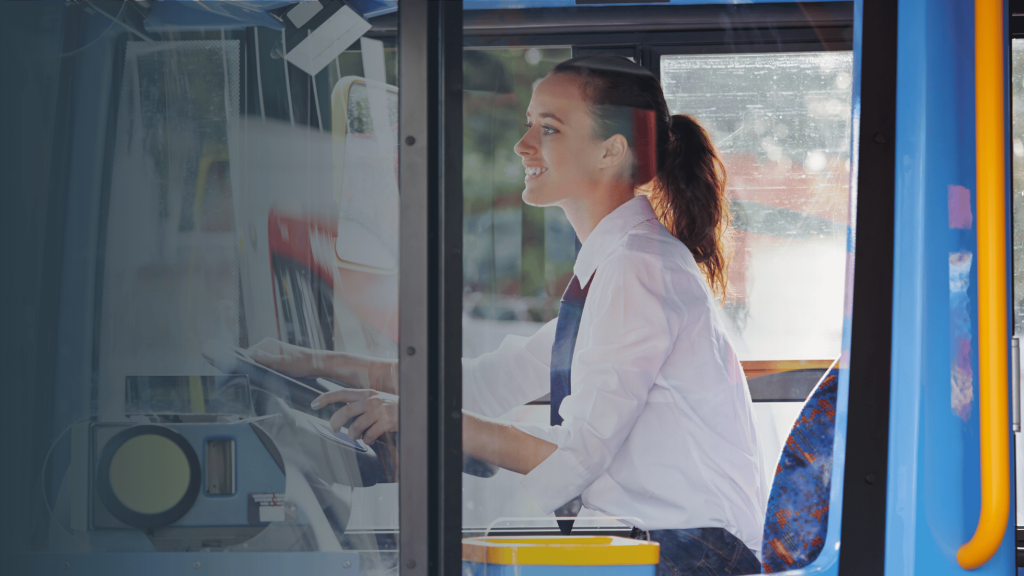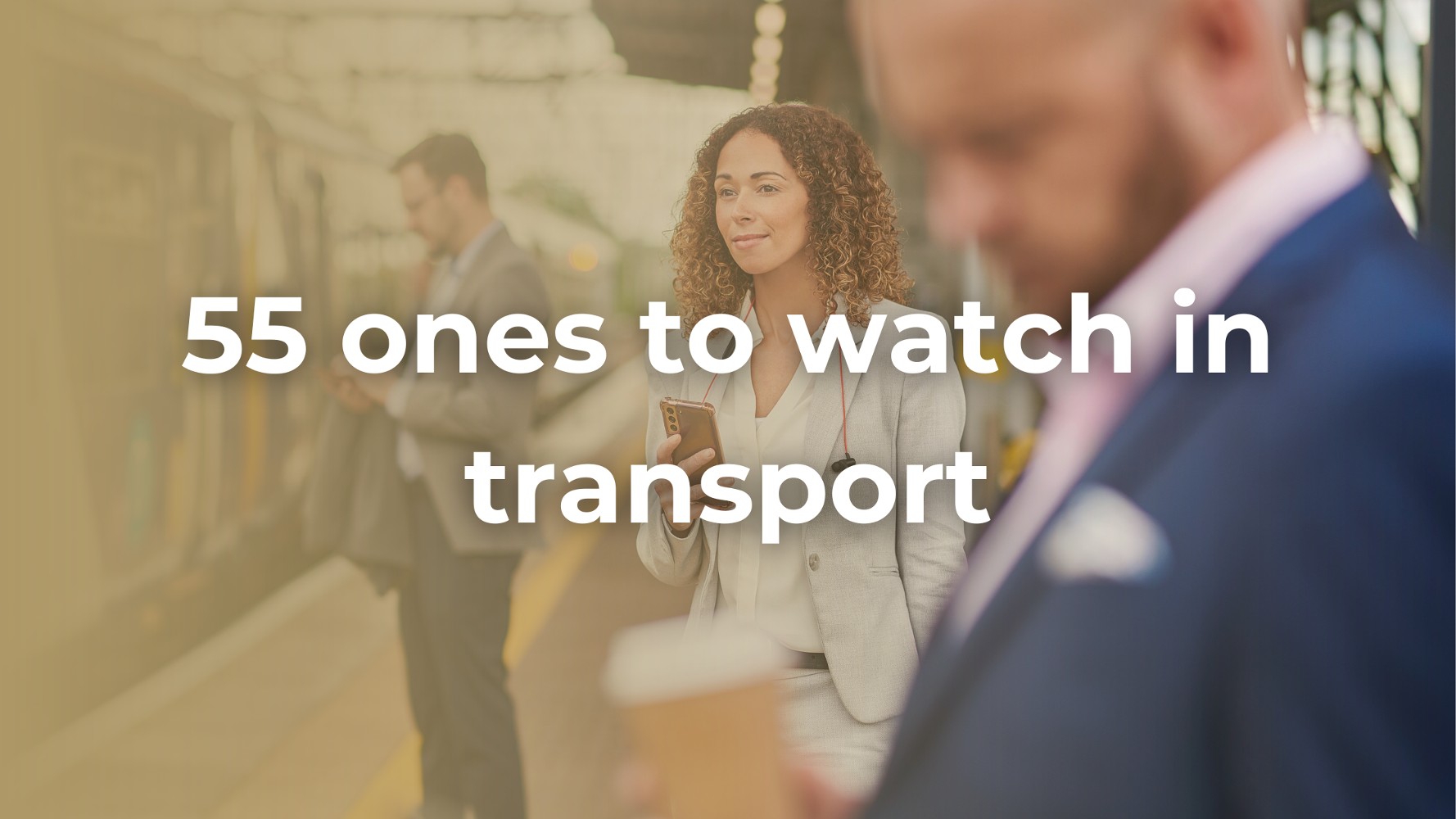Driving Diversity: Why the UK Transport Industry Needs More Female Representation

BlogsIndustry
In the vast landscape of the UK transport industry, there’s a glaring disparity that cannot be ignored: the lack of female representation, according to not-for-profit Women in Transport, only 26% of workers within the transport industry are female. While the sector has made significant strides in recent years, with more women entering traditionally male-dominated roles, there is still a long road ahead to achieve true gender equality.
As today is International Women’s Day, we’ll delve into why greater female representation is crucial for the transport industry and explore potential avenues to achieve this goal.
Diversity Breeds Innovation
One of the primary reasons why the UK transport industry needs more female representation is the undeniable link between diversity and innovation. Studies have repeatedly shown that diverse teams, which include individuals from various backgrounds and perspectives, are more creative and innovative. By increasing female representation, the industry can tap into a broader talent pool, fostering fresh ideas and approaches to address complex challenges.
Meeting Customer Needs
Women make up a significant portion of the customer base in the transport sector. In fact in the UK women make up to 30% more bus journeys per year than men, from commuters to leisure travellers, women rely on transportation services daily. However, the lack of female representation in decision-making roles often results in oversight when it comes to addressing the specific needs and preferences of female passengers. By including more women in leadership positions, the industry can better understand and cater to the diverse needs of its customer base, ultimately enhancing the overall customer experience.
Closing the Skills Gap
The transport industry faces a looming skills shortage, with an urgent need for skilled professionals across various disciplines, from engineering to logistics. Encouraging more women to pursue careers in transport not only helps address this skills gap but also brings fresh perspectives and ideas into the workforce. Initiatives aimed at attracting and retaining female talent, such as mentorship programs and targeted recruitment campaigns, are crucial for narrowing the gender imbalance in the industry.
Breaking Stereotypes
Historically, the transport industry has been perceived as a male-dominated field, perpetuating stereotypes that discourage women from pursuing careers in this sector. By actively promoting female role models and showcasing diverse career paths within transport, the industry can challenge these stereotypes and inspire more women to consider careers in transportation. Education and outreach programs targeted at schools and universities can play a vital role in dispelling misconceptions and encouraging young women to explore opportunities in the transport industry.
Creating Inclusive Work Environments
Achieving greater female representation in the transport industry requires more than just recruitment efforts; it also necessitates creating inclusive work environments where women feel valued, supported, and empowered to succeed. Employers must prioritise diversity and inclusion initiatives, including flexible work arrangements, leadership development programs, and zero-tolerance policies for discrimination and harassment. By fostering inclusive cultures, companies can attract and retain top female talent, driving long-term success and innovation.
In conclusion, increasing female representation in the UK transport industry is not just a matter of equality; it’s a strategic imperative for driving innovation, meeting customer needs, closing the skills gap, challenging stereotypes, and creating inclusive workplaces. By championing diversity and actively promoting opportunities for women, the transport sector can unlock its full potential and pave the way for a brighter, more inclusive future. It’s time to accelerate progress and ensure that women have a seat at the table in shaping the future of transportation.
Lost Group is the antithesis of traditional search. Lost has been created to fundamentally change how people and companies find each other within the transport sector. If your business is hiring, get in touch to find out how we can support your growth plans.
Share this post:


